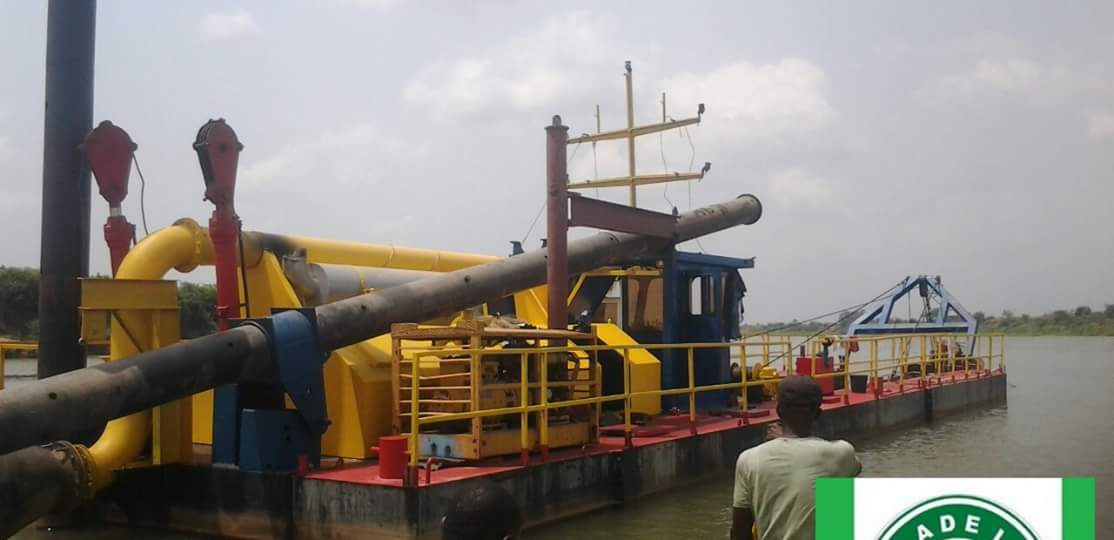Executive Secretary of Nigerian Shippers Council (NSC), Mr. Hassan Bello has listed four key factors militating against the growth of export business in Nigeria.
In a recent media chat with some journalists in his Apapa office, he said “The problems with export in Nigeria are about four”.
“We have the infrastructure. That is, how do we evacuate this up to the point of export? We have to have the infrastructure like rail and good roads from the farm to the point of export. Even at the point of export, we have to have consolidation centres like providing refrigerators for perishable cargo.
“We also need to have access to the market, then access to finance. Between the CBN and NEXIM, is about $500 million for export and that we intend to utilise for export. But there are issues like standardisation. Many of our exports are rejected and brought back to Nigeria because they don’t conform to standards.
Continuing, Bello said “you have to have standard organisation here in Nigeria certifying them and saying they are up to standard. This is not done”.
“Another issue is that of packaging. You have to package your products to withstand the temperature and other vagaries at the sea. Also, for competition, because packaging is a very important capitalist order, you have to package your products very well so that people will buy. However, he revealed that “We are setting up a two-day national discourse with NPA, NSC, NEXIM and Nigerian Export Promotions Council (NEPC) and we have to have ministers of transportation, finance, agriculture, solid mineral and then trade and industry”.
“We are going to write a joint memo to the Federal Executive Council (FEC) bringing out a particular area, which must be addressed as far as export business, is concerned. We either export or we perish. We really have to start exporting. That is very important.
On efforts to encourage importers to use Nigerian ports, NSC boss disclosed that “The most important thing is to make the port efficient. Once your port is efficient, the shipper who has the right to choose where his cargo will come to will make that economic decision and not on sentiment.”
Beloo also added that as part of new efforts to grow import confidence of sister landlocked nations, “We have wooed Niger to bring their goods to Nigeria, not only to the port in Lagos but the ports in Warri and Calabar”.









